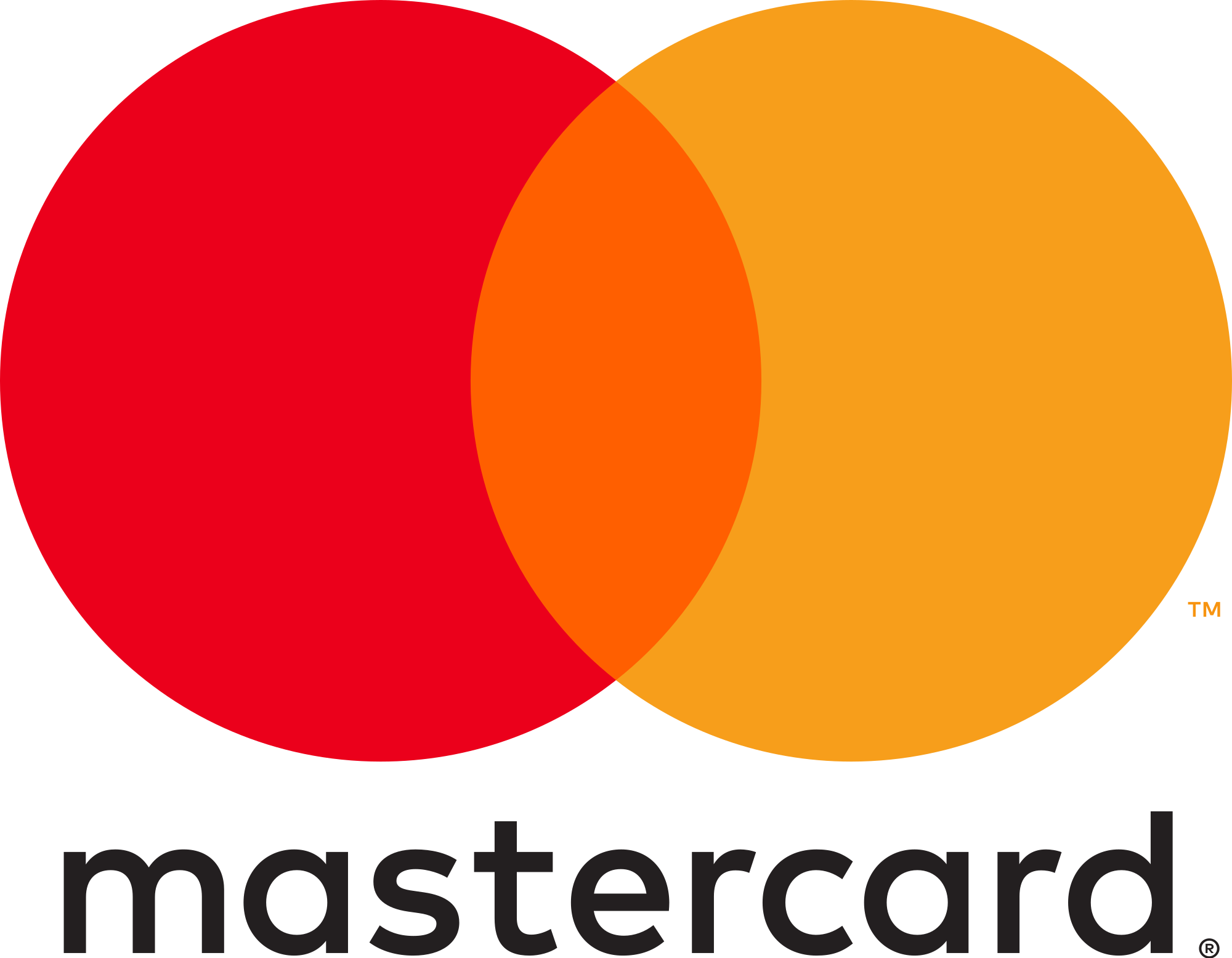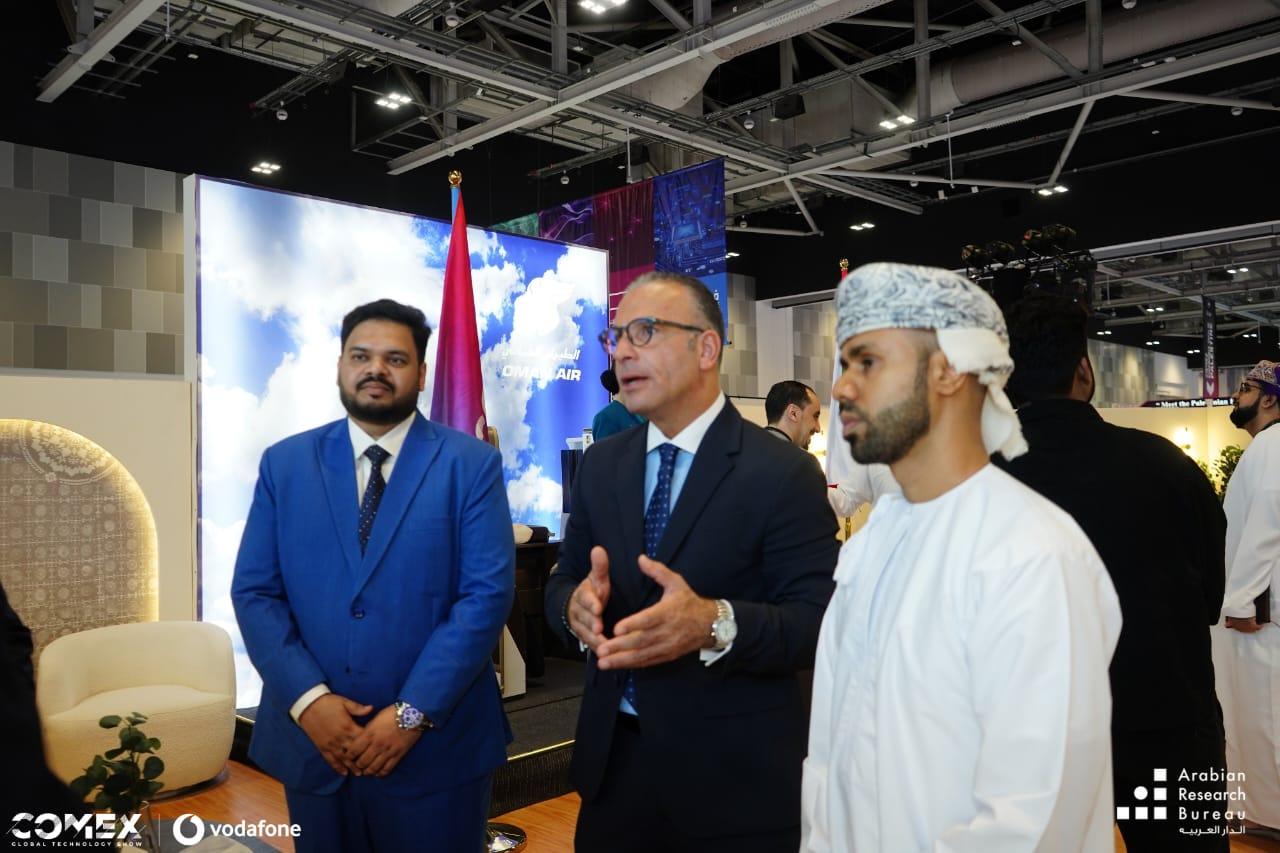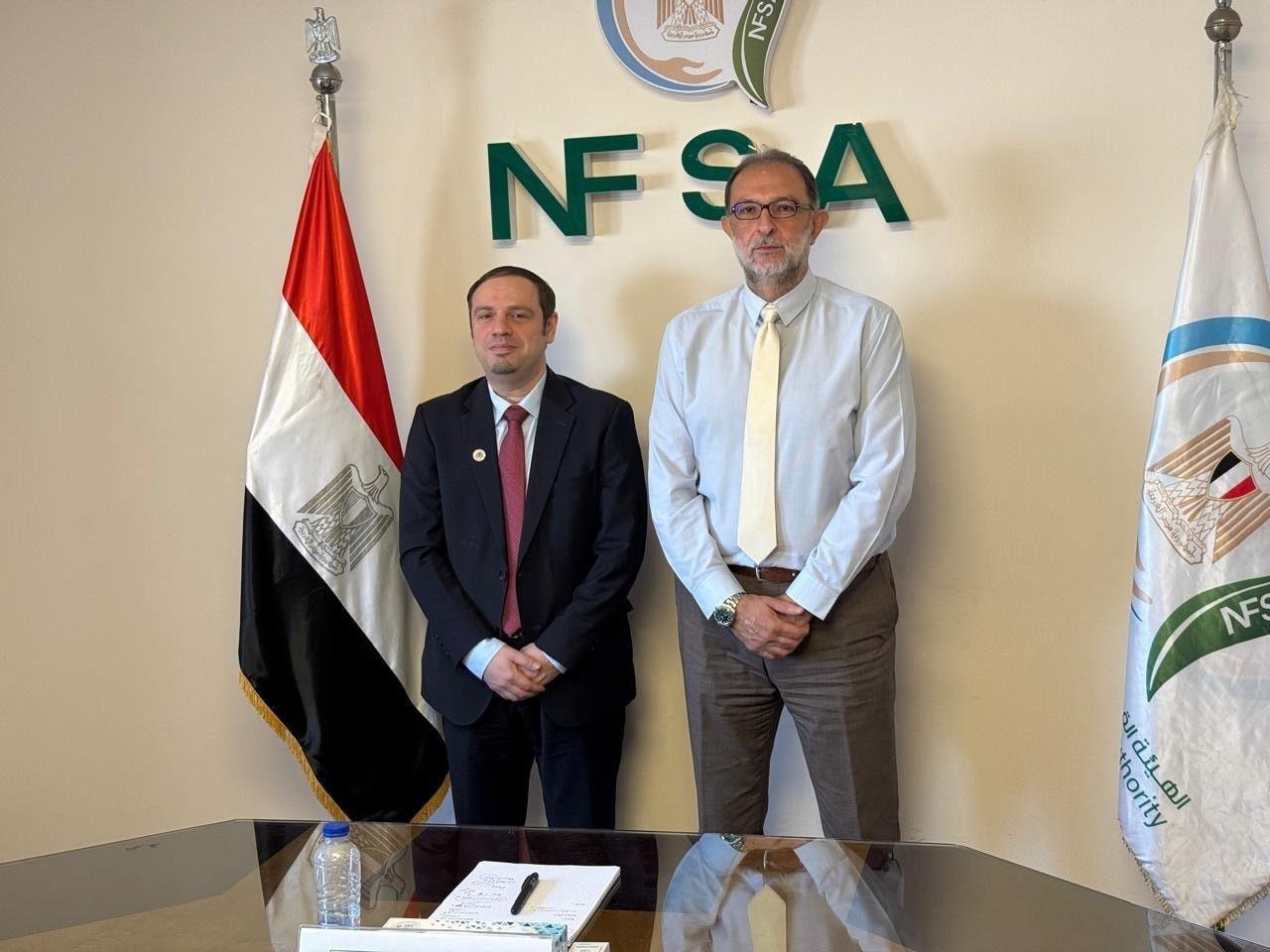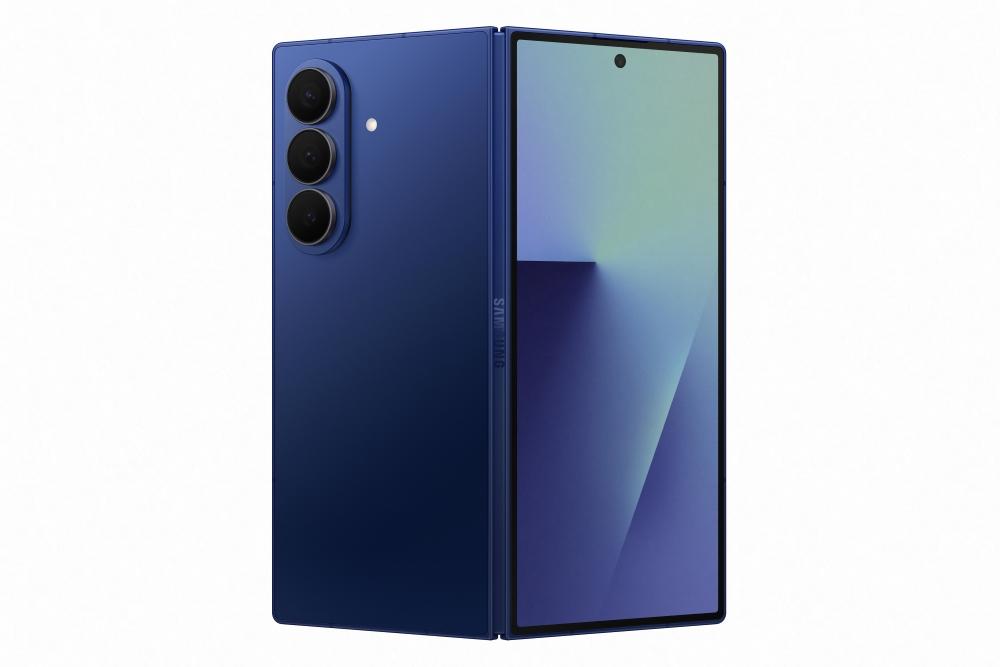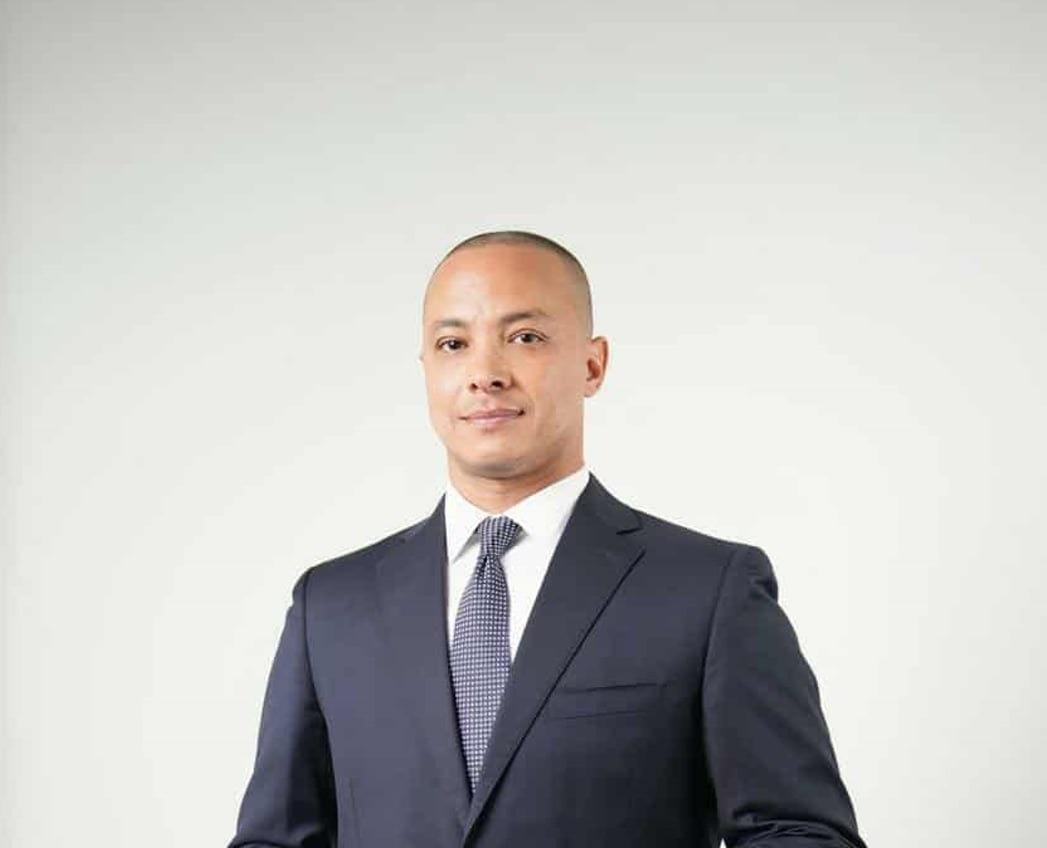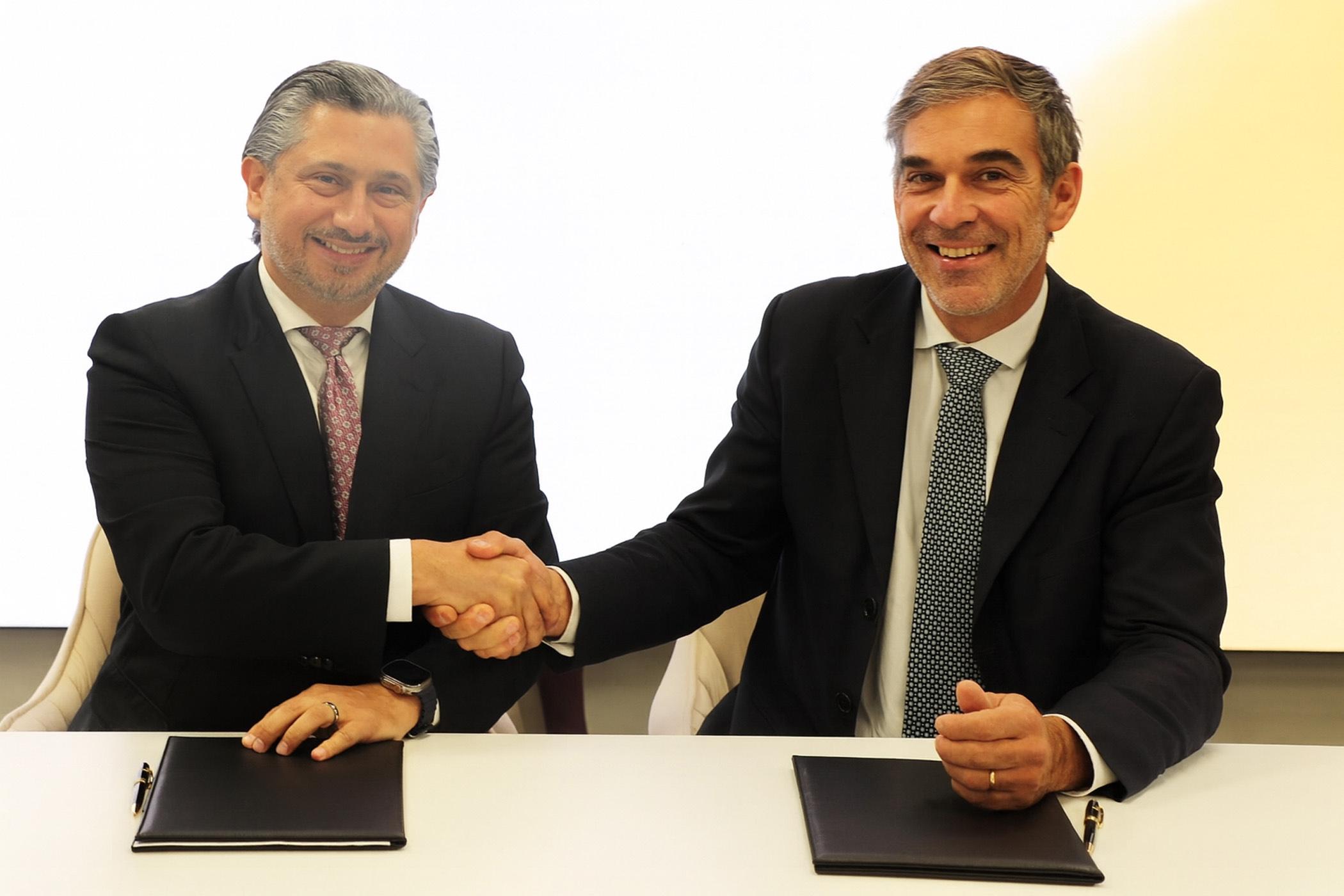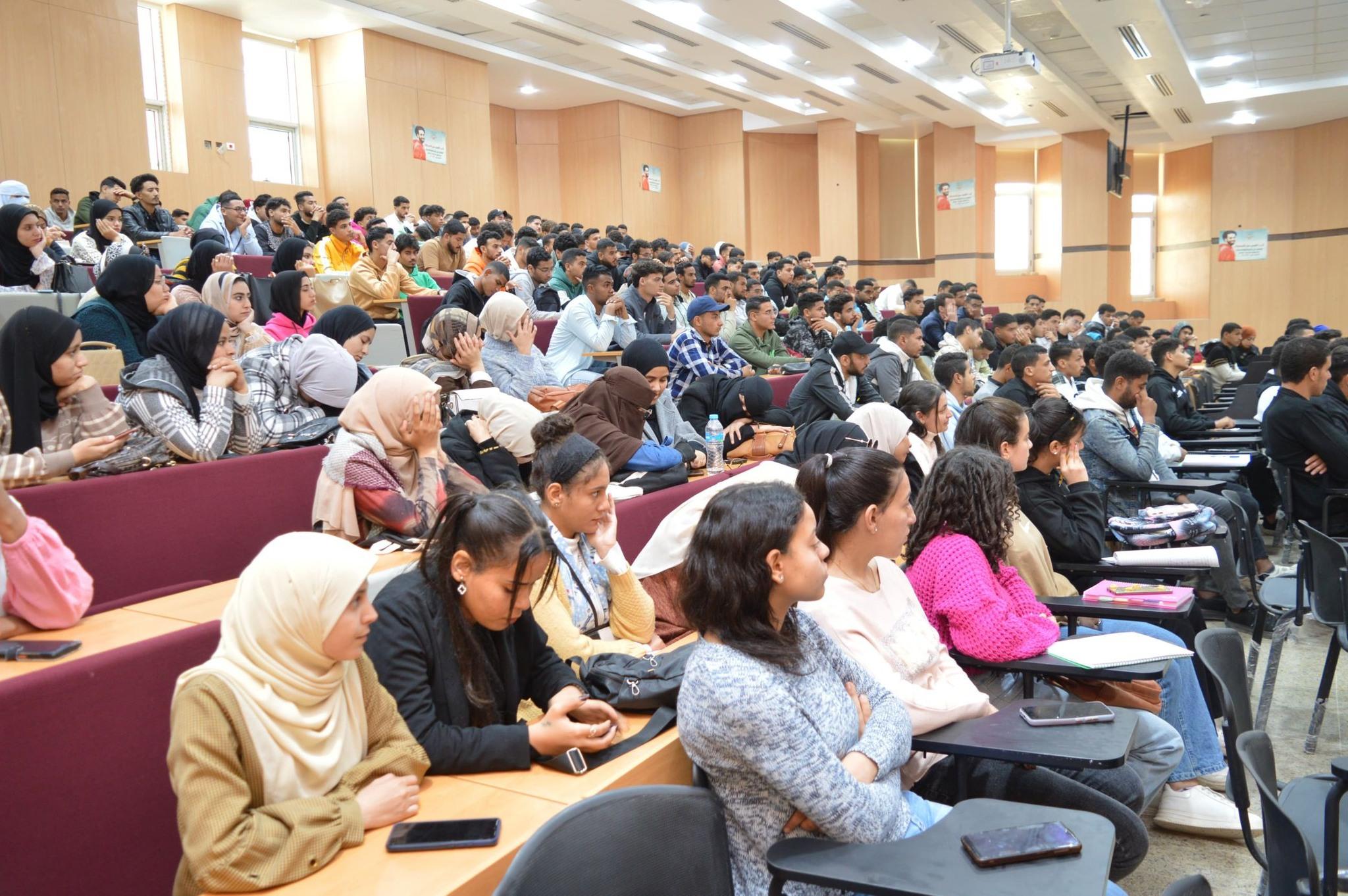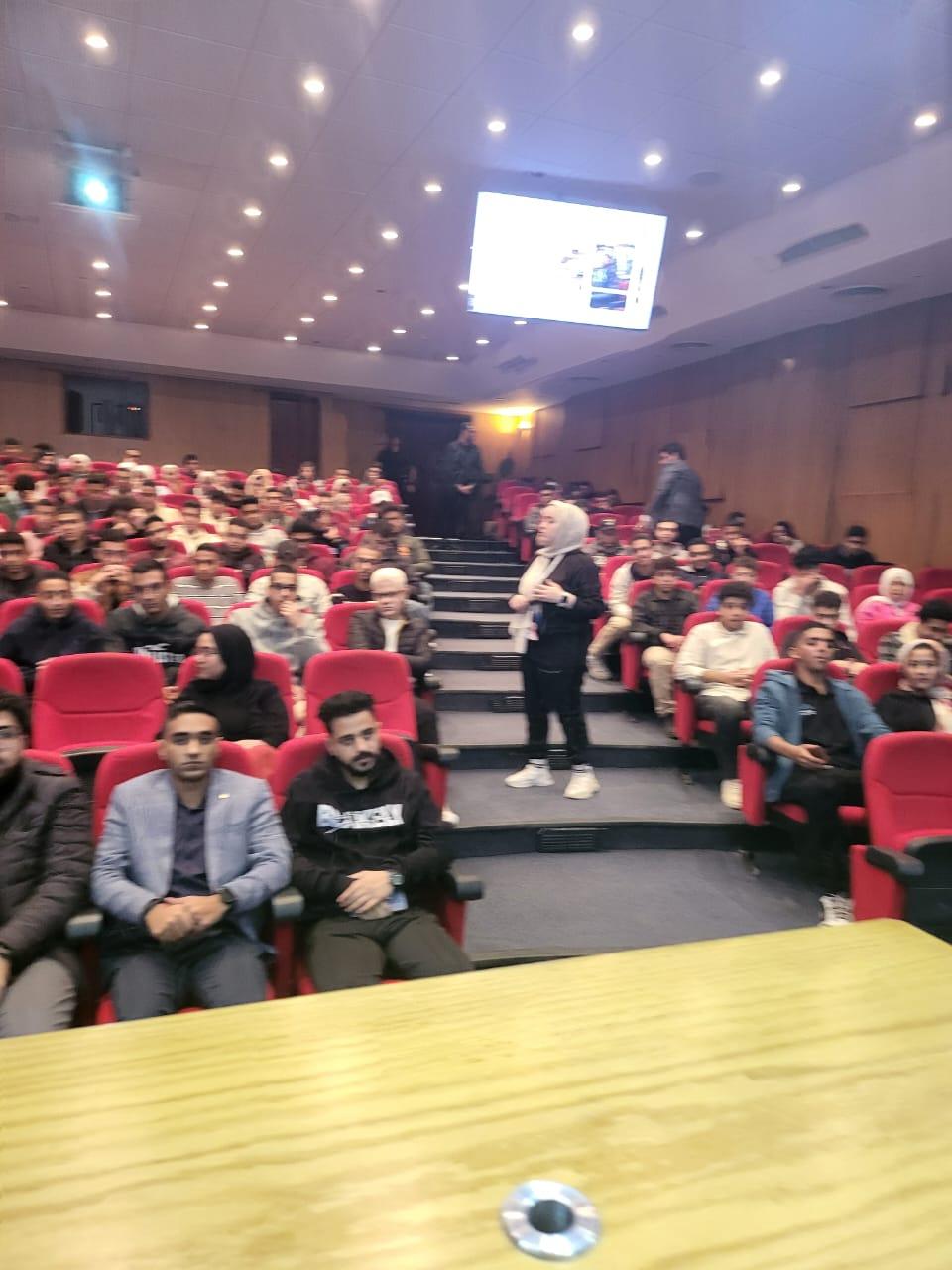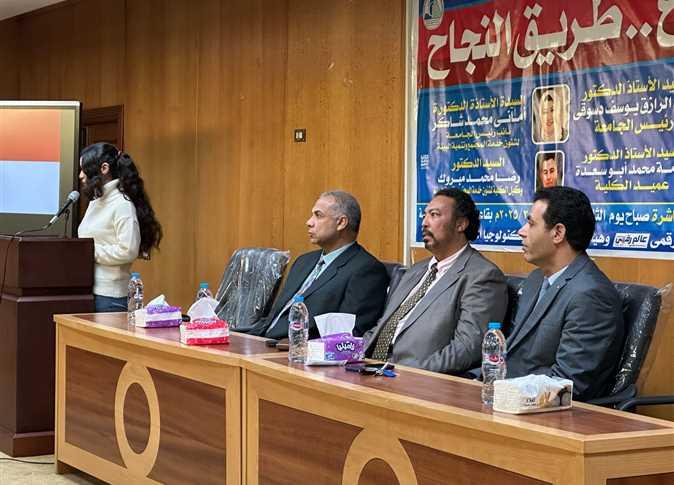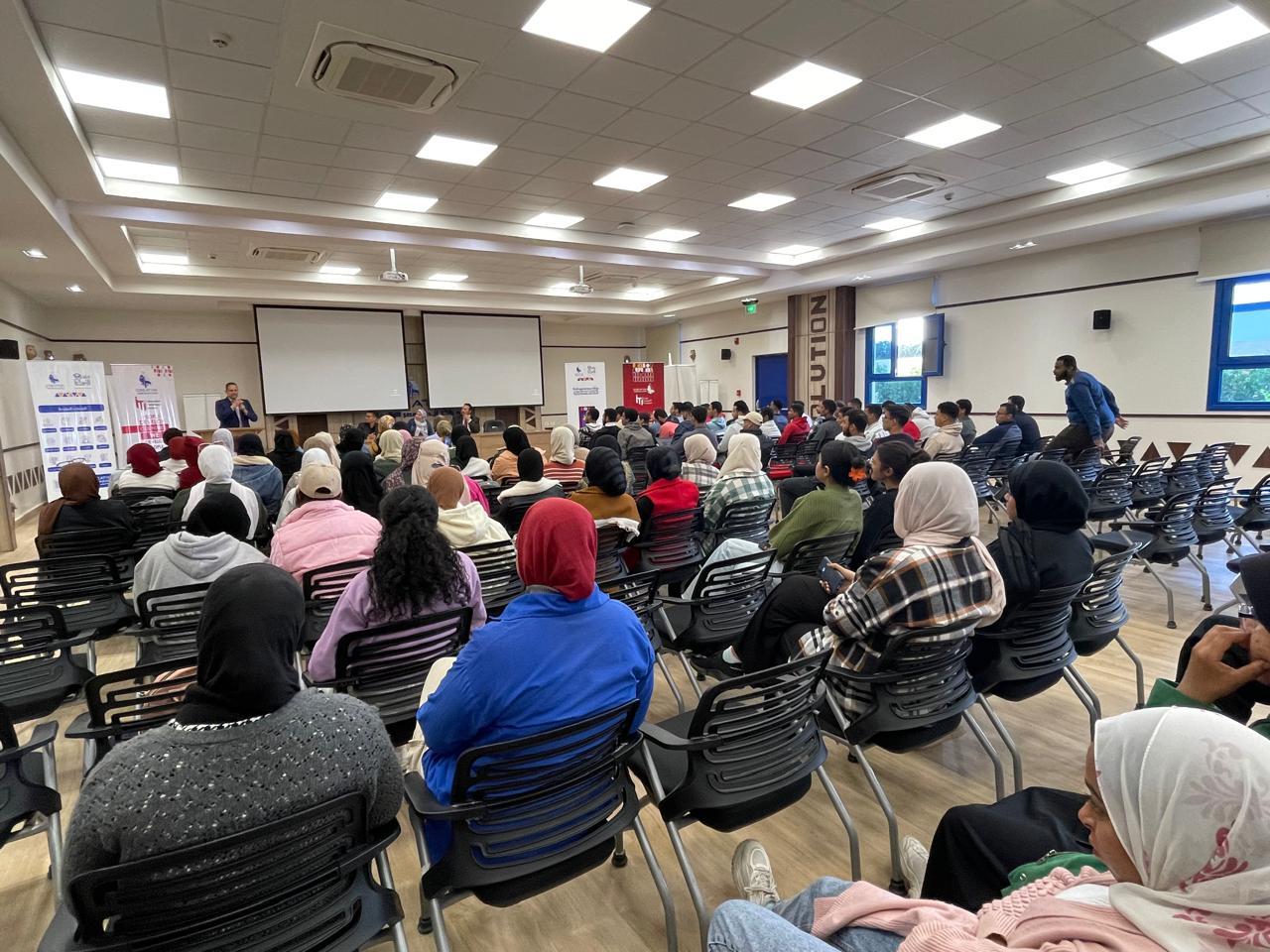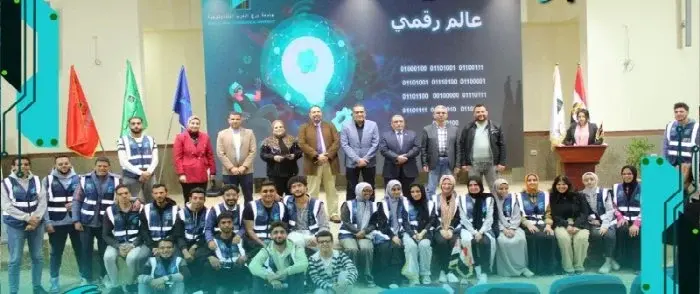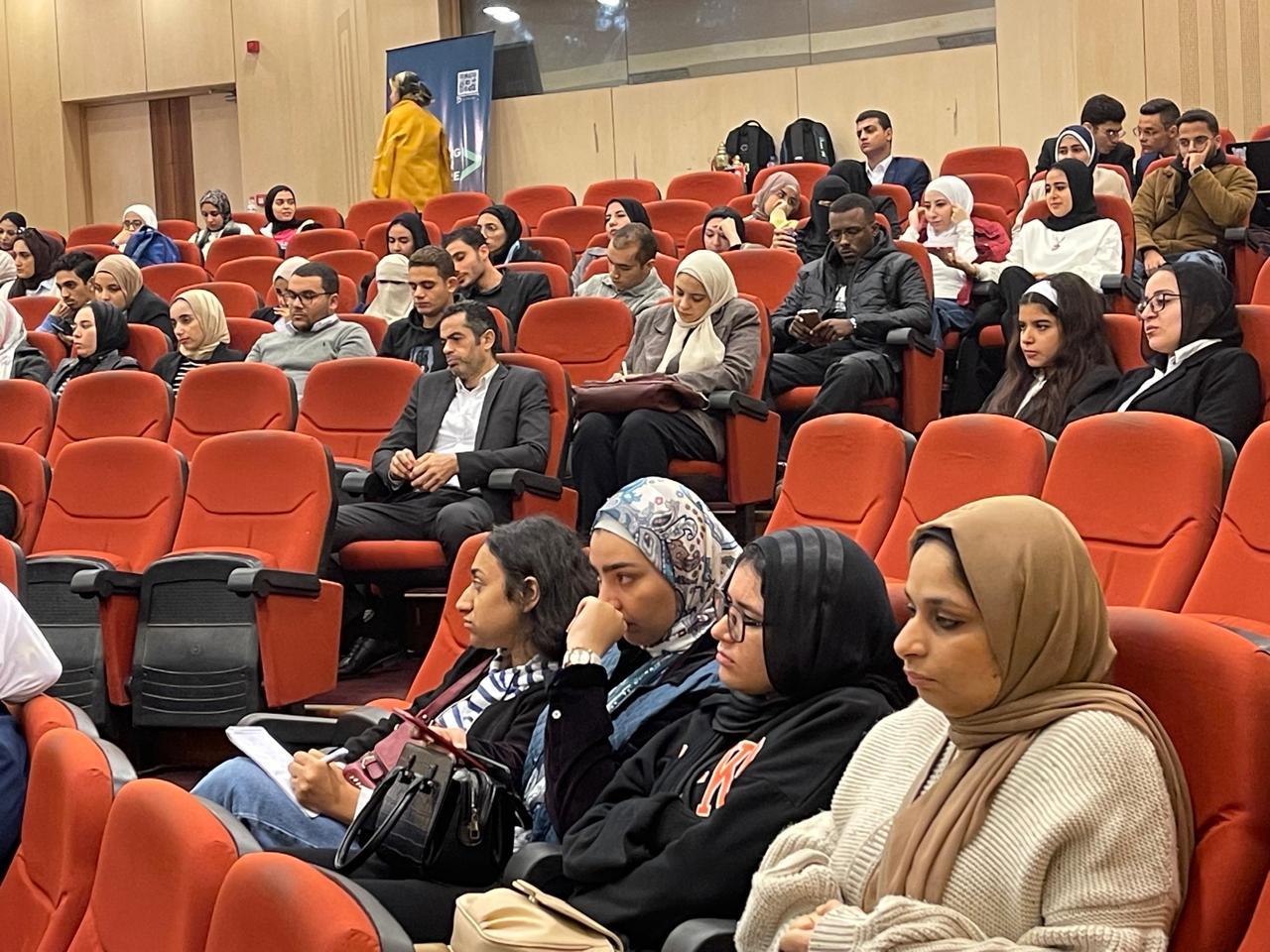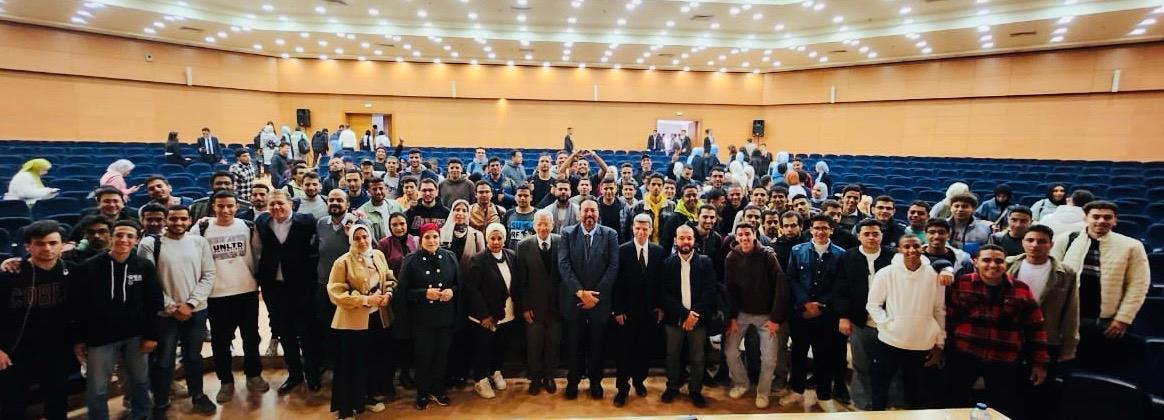Researchers at three institutions in the U.S. and U.K. receive grants to advance studies of repurposed drugs and novel antibodies in preventing COVID-19
By ;Adel Farig - Nahla Muqalad
The partners in the COVID-19 Therapeutics Accelerator announced grants of $20 million to three institutions—the University of Washington, University of Oxford, and La Jolla Institute for Immunology—to fund clinical trials in order to identify highly potent immunotherapies for the COVID-19 pandemic. These grants mark the first investments to come from the COVID-19 Therapeutics Accelerator, a large-scale initiative launched by the Bill & Melinda Gates Foundation, Wellcome, and Mastercard to speed the development of and access to therapies for COVID-19. Currently, there are no broad-spectrum antivirals or immunotherapies available to prevent or treat COVID-19.
“These grants to leading institutions in their fields will advance our understanding of how existing drugs and antibodies can contribute to addressing the pandemic we’re facing around the world,” said Mark Suzman, chief executive officer of the Bill & Melinda Gates Foundation. “These initial investments through the COVID-19 Therapeutics Accelerator will bring rigor to the study of these potential solutions. The way forward will be informed by sound science and shared data.”
In addition, newly announced funding from government and philanthropic donors has added to the Accelerator’s initial funding. The Chan Zuckerberg Initiative committed $25 million and the U.K. government committed £40 million last week. The additional funds will allow the Accelerator to continue making grants to study repurposed drugs and investigate biological compounds for activity against COVID-19. More funding is needed to move promising therapies through development and scale-up.
Studying repurposed drugs to prevent infection
Two of the newly announced trials will fund an investigation of two well-established drugs, hydroxychloroquine and chloroquine, that have known antiviral properties. These drugs have been used to treat malaria and a variety of rheumatological conditions for more than 50 years. The trials aim to determine whether the drugs are effective as pre- and post-exposure preventive therapy for COVID-19. While these drugs both show initial promise, rigorous scientific evidence is needed to make decisions on how, where and within which populations to use them in this pandemic.
The University of Washington will conduct a multi-site clinical trial in Western Washington and the New York City area, in collaboration with New York University’s School of Medicine, investigating whether hydroxychloroquine can effectively prevent COVID-19 in people already exposed to the infection. The trial will enroll up to 2,000 asymptomatic men and women who are close contacts of persons with confirmed or pending COVID-19 diagnoses. Participants will be randomly assigned to take hydroxychloroquine or a placebo over two weeks, and samples will be collected and tested daily to confirm new COVID-19 infections across the two groups. Sandoz, a Novartis division, has donated the hydroxychloroquine doses needed to conduct the study. Participant enrollment will begin in April, and results will be available in late 2020.
The Mahidol Oxford Tropical Medicine Research Unit (MORU) will lead a placebo-controlled prophylaxis study of chloroquine and hydroxychloroquine in preventing COVID-19 in at-risk health care workers, frontline staff, and other high-risk groups. At least 40,000 participants in Asia and Europe will be randomized to receive either chloroquine (East Asian countries), hydroxychloroquine (United Kingdom and Europe), or a matched film-coated placebo as daily prophylaxis for three months. The one-year project, known as COPCOV, aims to determine definitively whether these drugs can prevent COVID-19 and thus protect the vital health care workforce. Participant enrollment will begin in April and initial results will be available by the end of the year.
Nick Cammack, COVID-19 Therapeutics Accelerator Lead at Wellcome, said: “Investment in research is the world's only exit strategy from COVID-19. Drugs, vaccines, and diagnostics are vital to saving lives, to ending this pandemic, and to preventing it from happening again. Now is the time to evaluate whether existing drugs will prove to be safe and effective. We urge others to join us in this collective global effort. Investing now, at scale, in the COVID-19 Therapeutics Accelerator is vital if we are to change the course of this pandemic.”
Advancing immunological therapies
In addition to funding drug trials, the Accelerator will provide $1.73 million to the La Jolla Institute for Immunology to establish a Coronavirus Immunotherapy Consortium, known as CoVIC. The effort will bring together scientists from around the world and enable them to share and evaluate candidate antibodies side by side in a blinded, multidisciplinary analysis to identify ideal therapeutic combinations. Antibody therapies can be used to protect frontline health care workers, contacts, and others who are exposed, as well as treat those who have already become sick.
“Today’s grants are an important next step in the Therapeutic Accelerator’s commitment to identifying and scaling treatments to combat COVID-19,” said Mike Froman, vice chairman of Mastercard. “In order to provide therapeutic solutions to this global pandemic, particularly for those most vulnerable, we need to speed up the research and development process through a collaborative funding effort by the private sector, philanthropic organizations, and governments. We welcome the participation of additional organizations that can contribute the resources needed to help bring an end to this crisis.”
